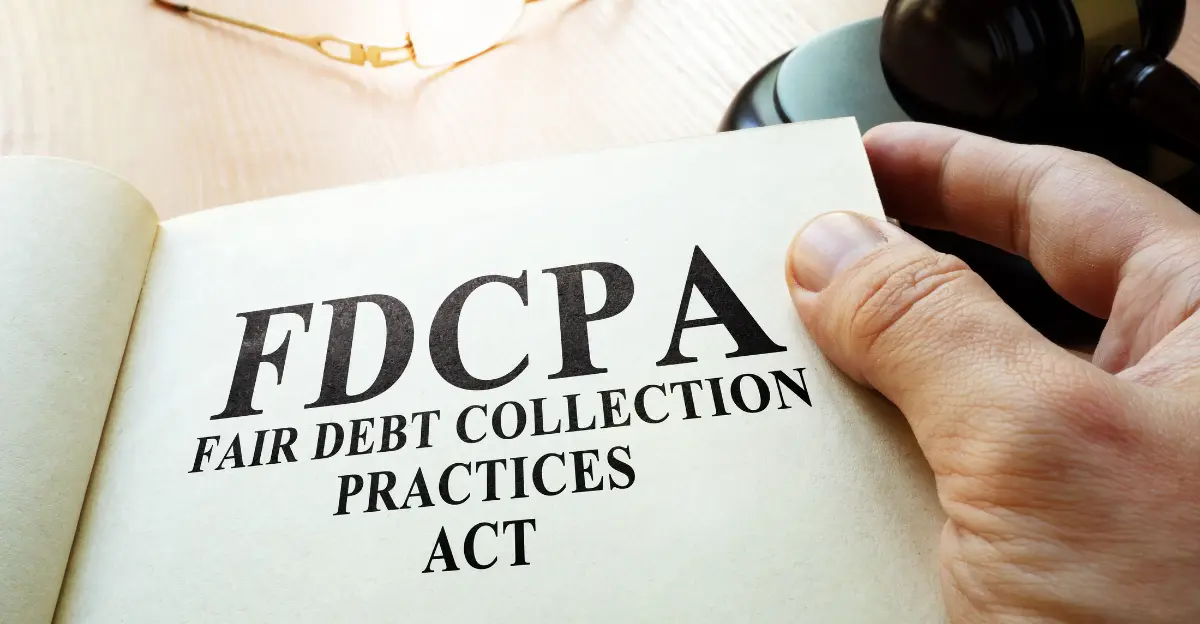For our bankruptcy clients, one of the best times is when we receive notification that the bankruptcy is over and debt has been discharged. It is indeed a time for celebration. However, it has come to our attention that some of our clients do not celebrate for too long. We are doing something about it right now!
It’s Not You (or Me) – It’s Them!
Like I always say, you may see a credit score decline when first filing your bankruptcy, but it will quickly rise soon after. This is true. But there is a potential landmine that can slow down that “fresh start” that you intended (and deserve) after going through the bankruptcy process. This landmine is inaccurate credit reporting and post-bankruptcy discharge actions by your former creditors.
We have discovered that creditors listed in MOST bankruptcy petitions are STILL reporting inaccurate information on consumers’ credit reports even after their bankruptcy case was filed and discharged. Over 85% of credit reports we review have inaccuracies – meaning the creditor is disobeying the Federal Order of your bankruptcy filing and discharge which directed them to STOP claiming you owe or are past due on debt you no longer actually owe. So Frustrating – I know!
There is Good News
There is a law that protects people from unscrupulous creditor behavior – Fair Debt Collection Practices Act, aka FDCPA. Likewise, there are other consumer protection laws. In short, as part of the FDCPA, creditors must provide accurate information to credit bureaus. Failure to do so is a clear violation of the FDCPA. hold purposes. The FDCPA does not usually apply to business debts. Applicable debt includes mortgages, credit cards, medical debts, car loans, and other debts for personal or household purposes. The FDCPA does not usually apply to business debts.
The Fair Debt Collection Practices Act applies to most personal and individual debt. This includes mortgages, credit cards, medical debts, car loans, and other debts for personal or household purposes. The FDCPA does not usually apply to business debts.
Stop the Madness
If a debt collector has violated the FDCPA, you can sue the collector in Federal Court. If successful, you can collect monetary damages. In certain circumstances, you may be able to collect damages for physical distress, emotional distress, lost wages, recover wage garnishments, and statutory damages. And you may be able to recover attorney fees and costs.
At Lucid Law, we know that having a positive credit report is essential to your financial future. For this reason, we are committed to helping you make sure your credit report is clear of any misrepresentations by your creditors and supporting you as you REBUILD your credit score. So, let’s get you back on track to your fresh start.



